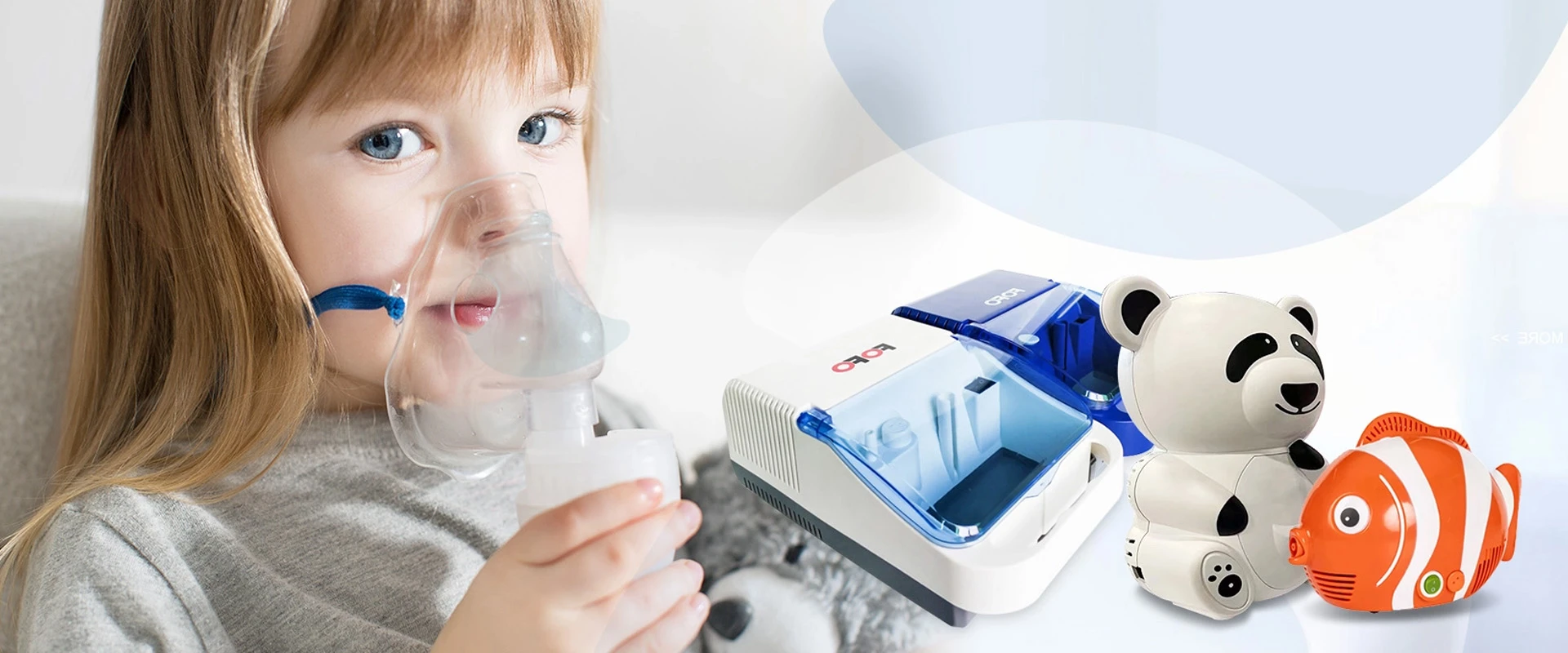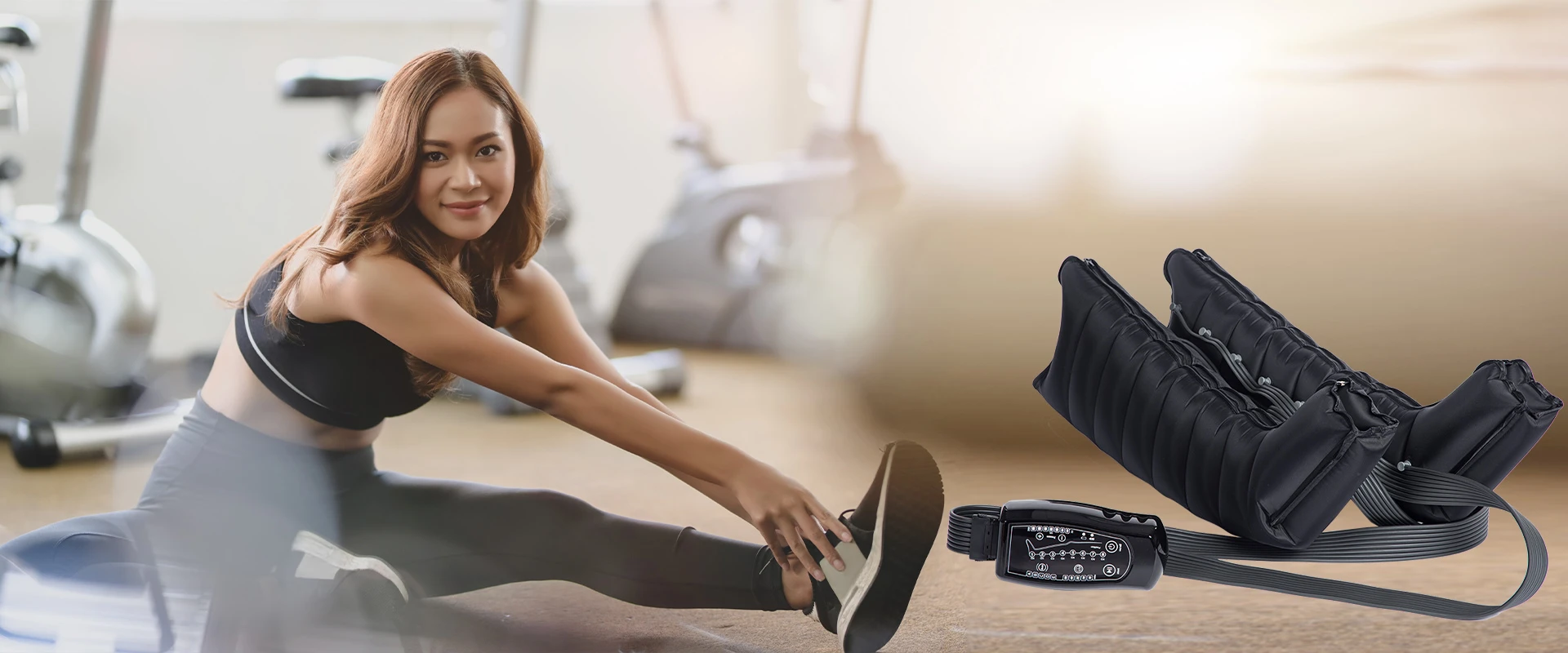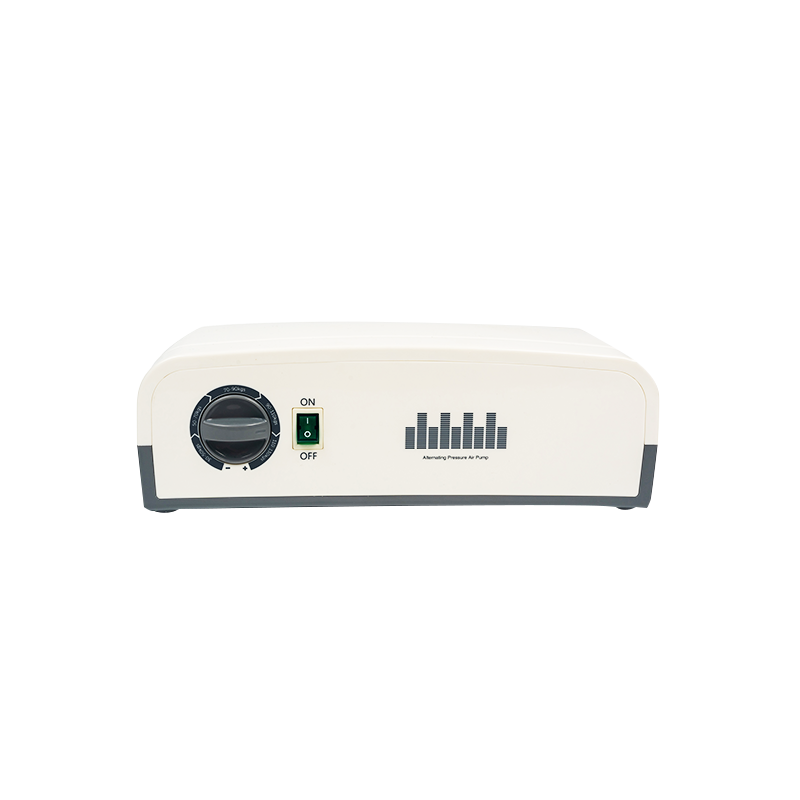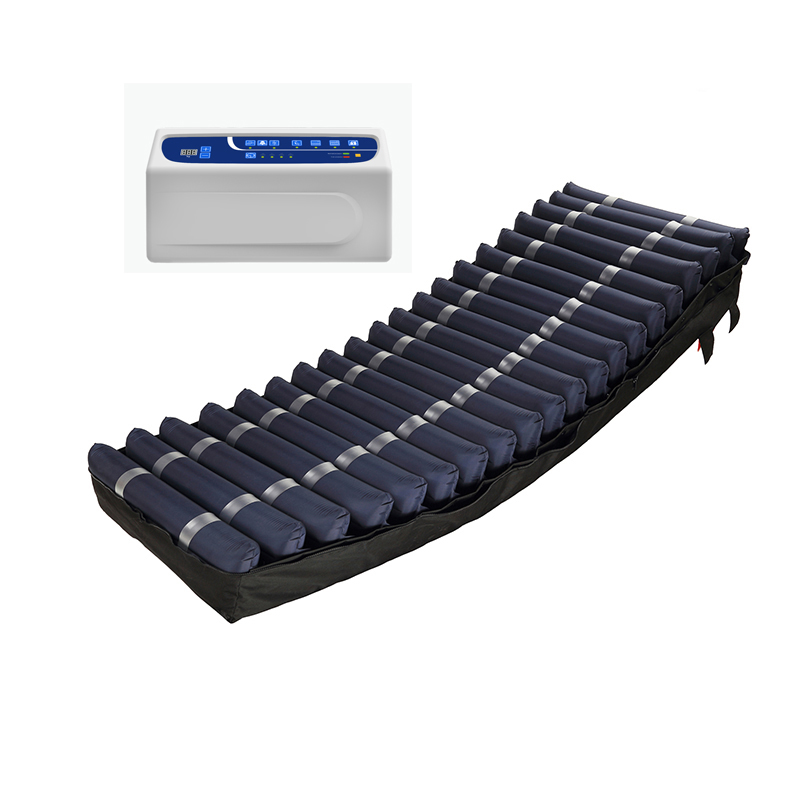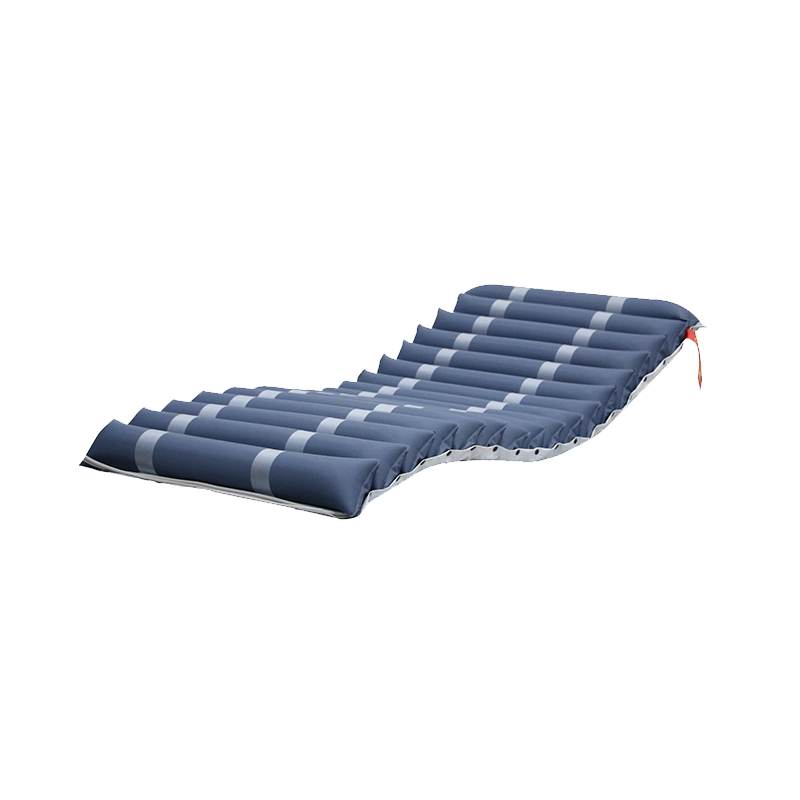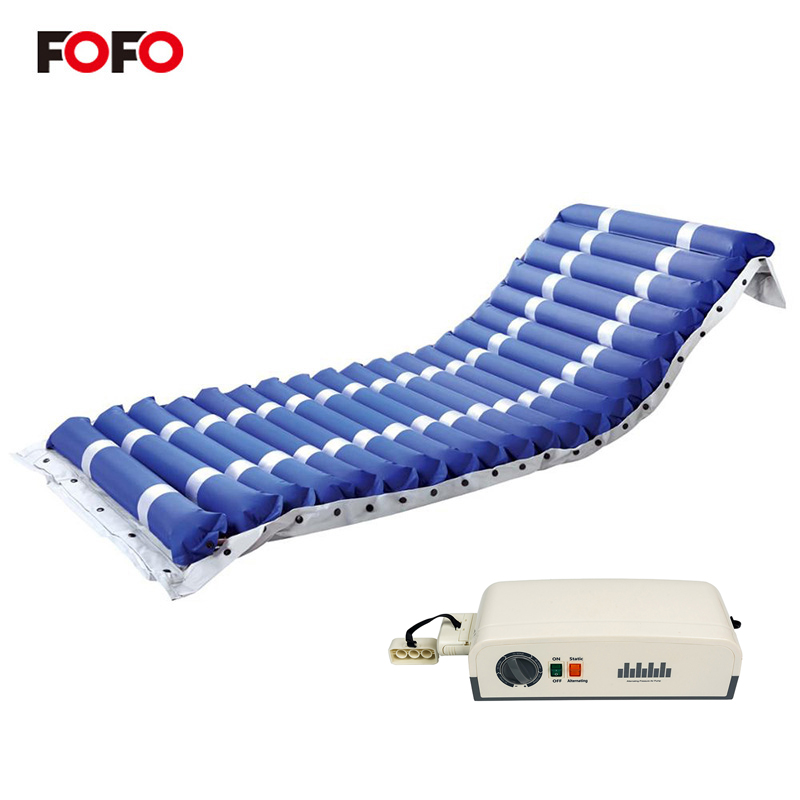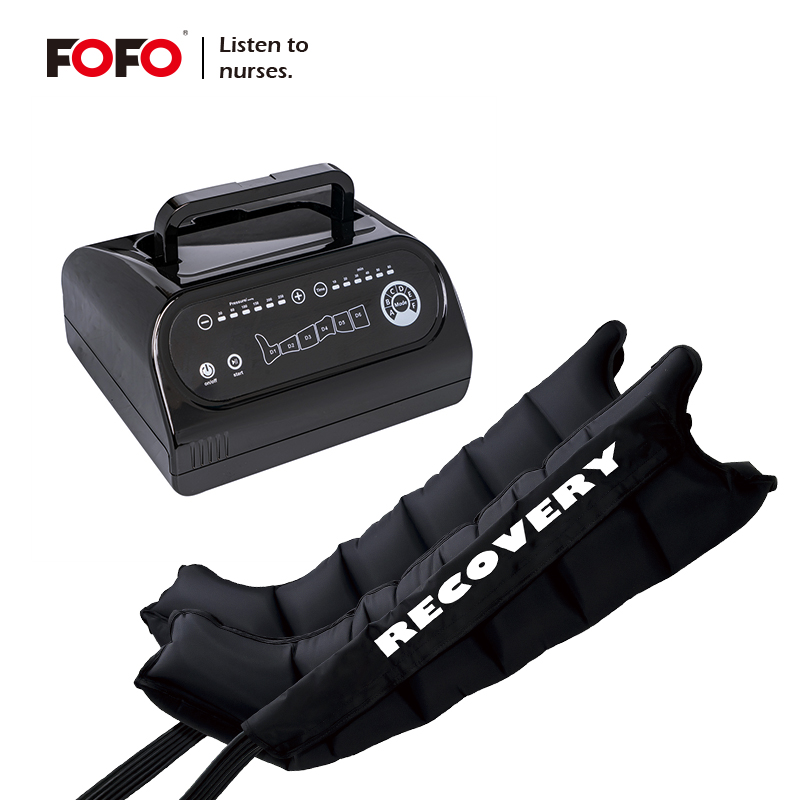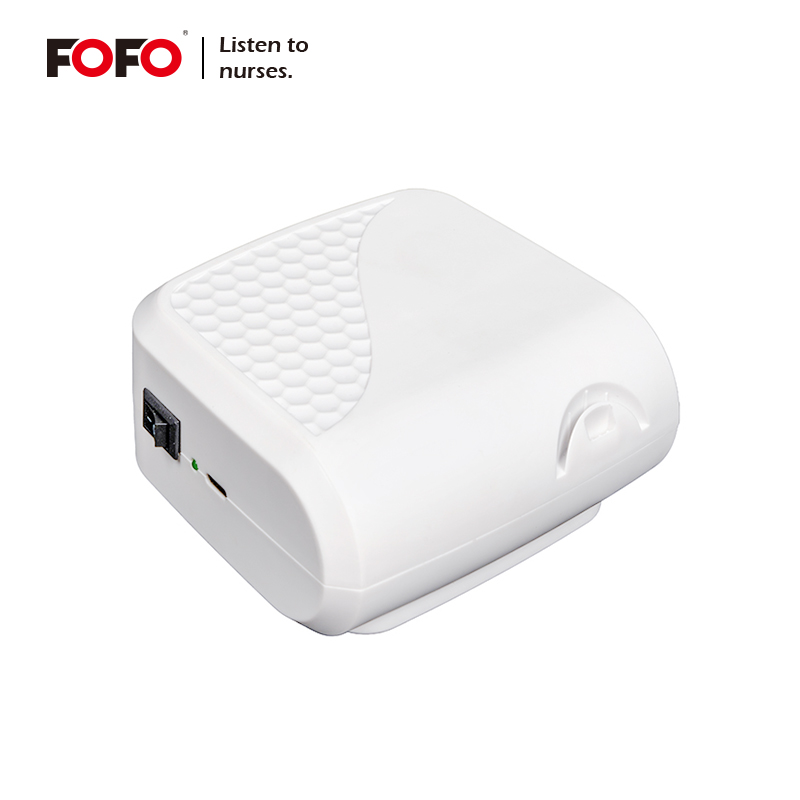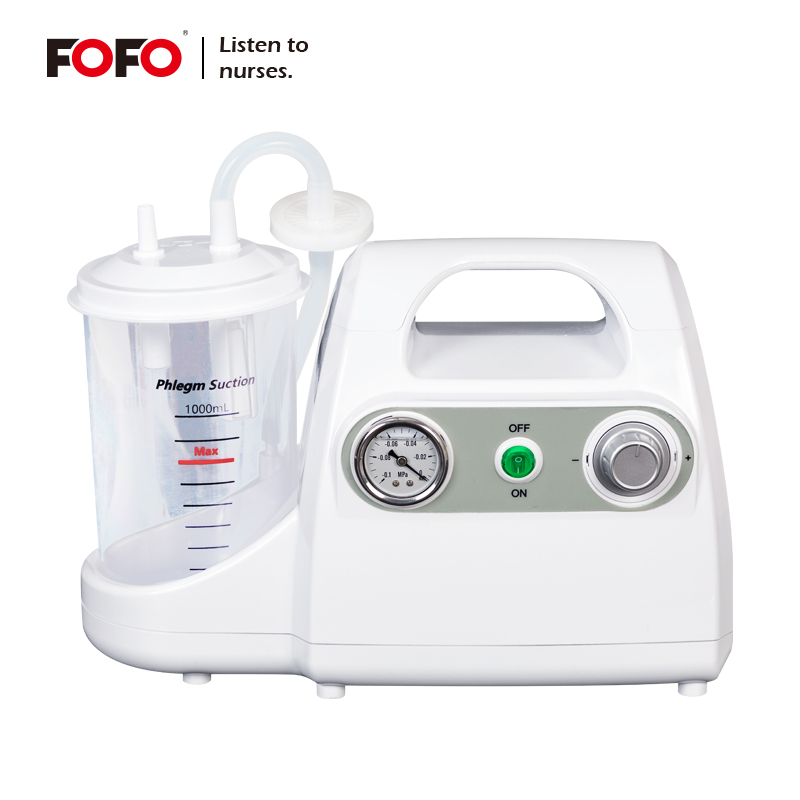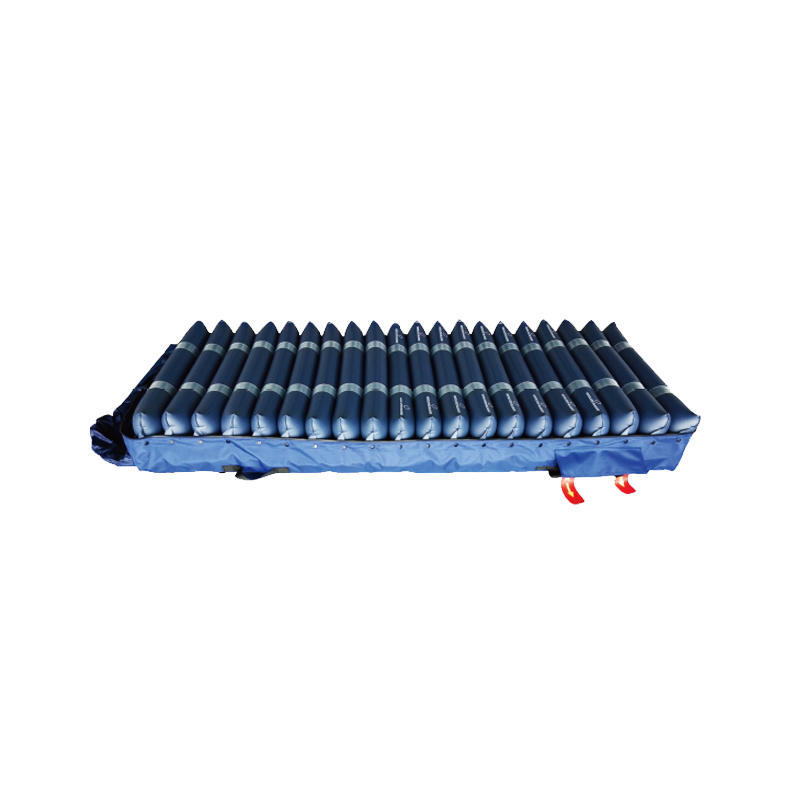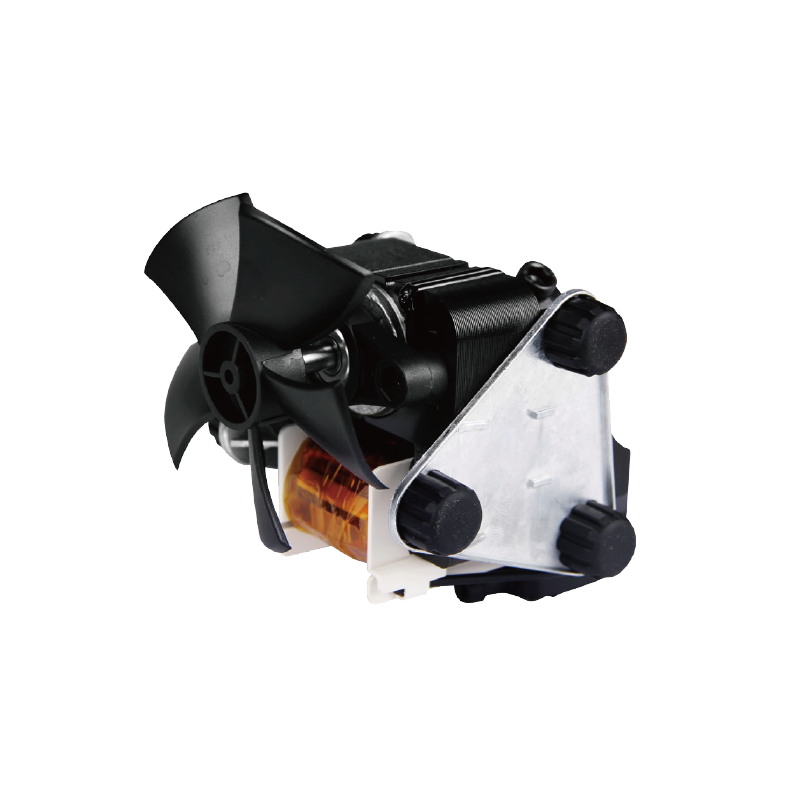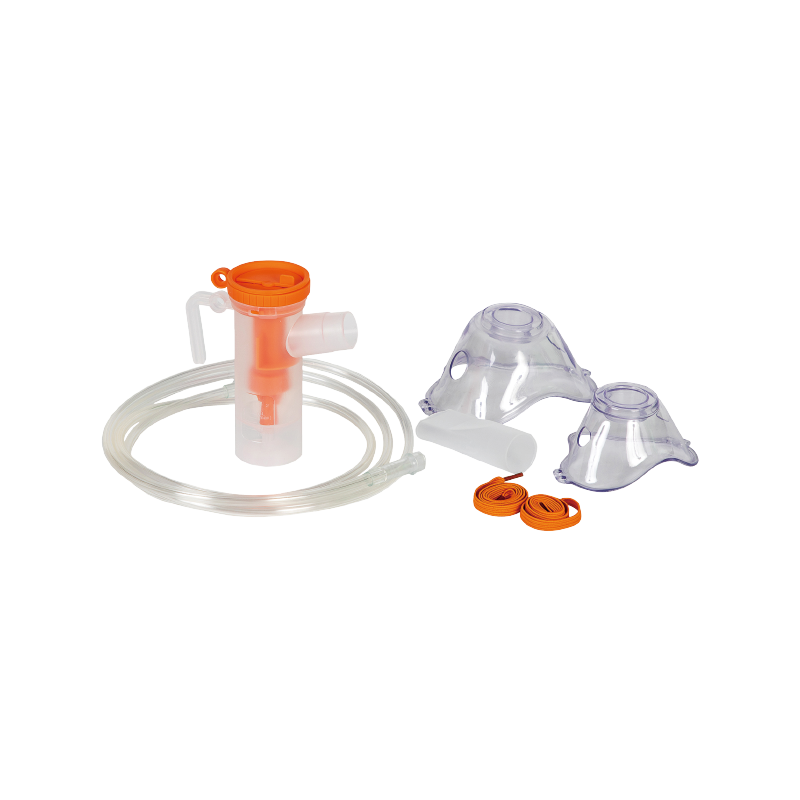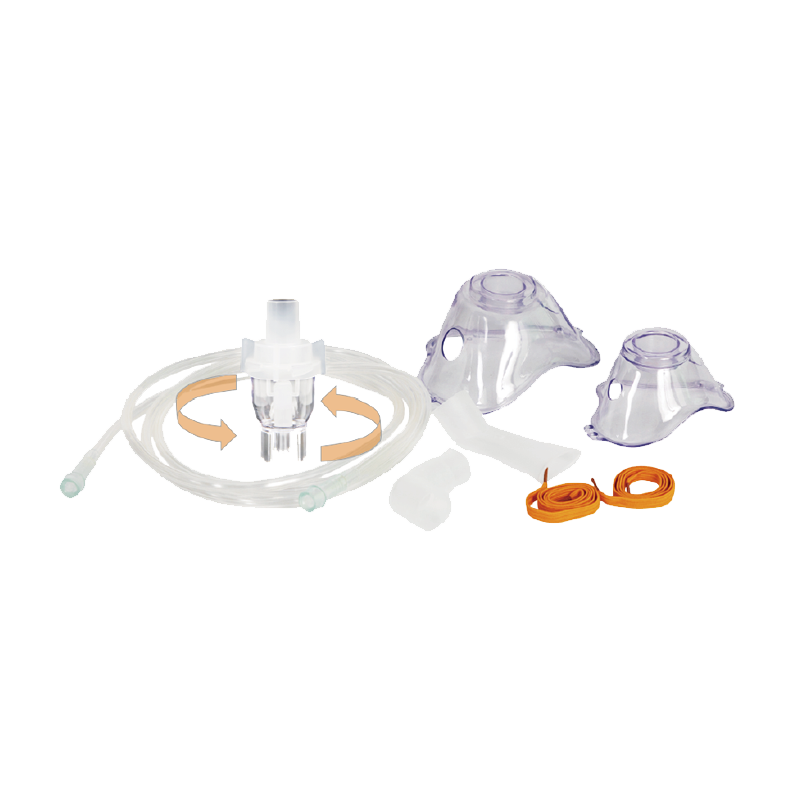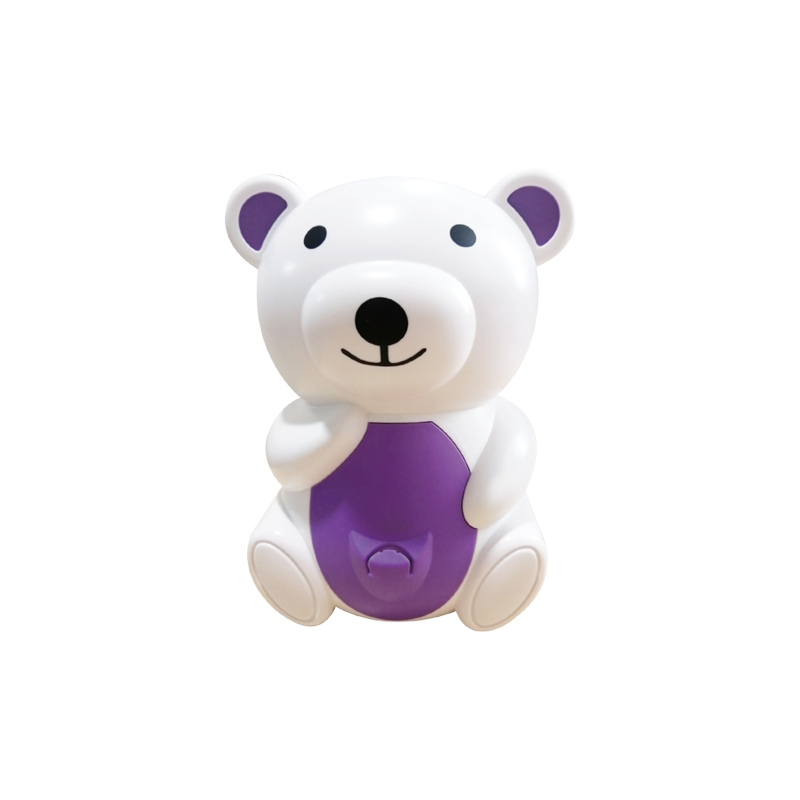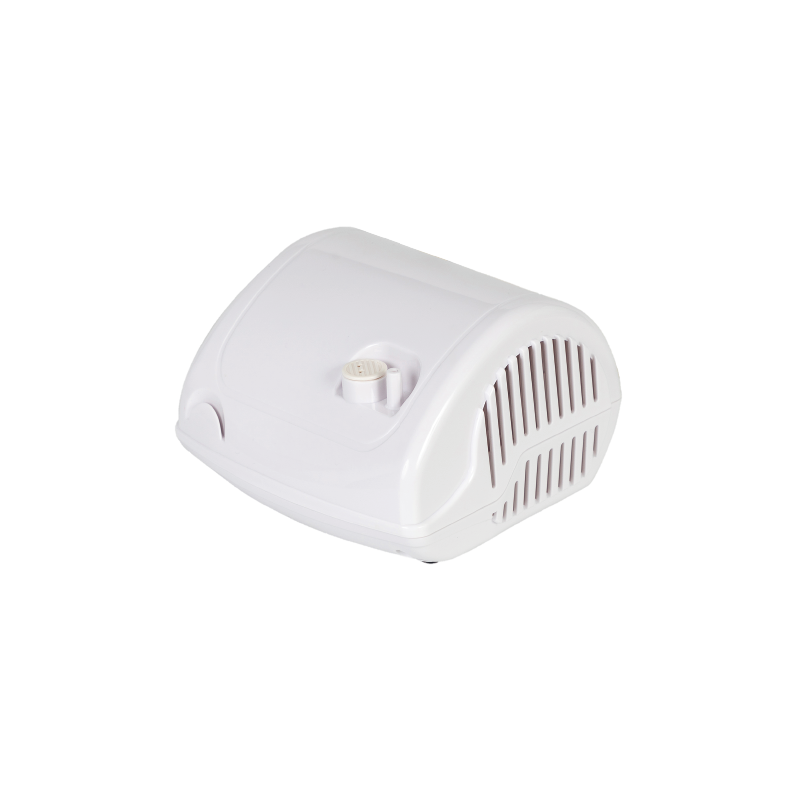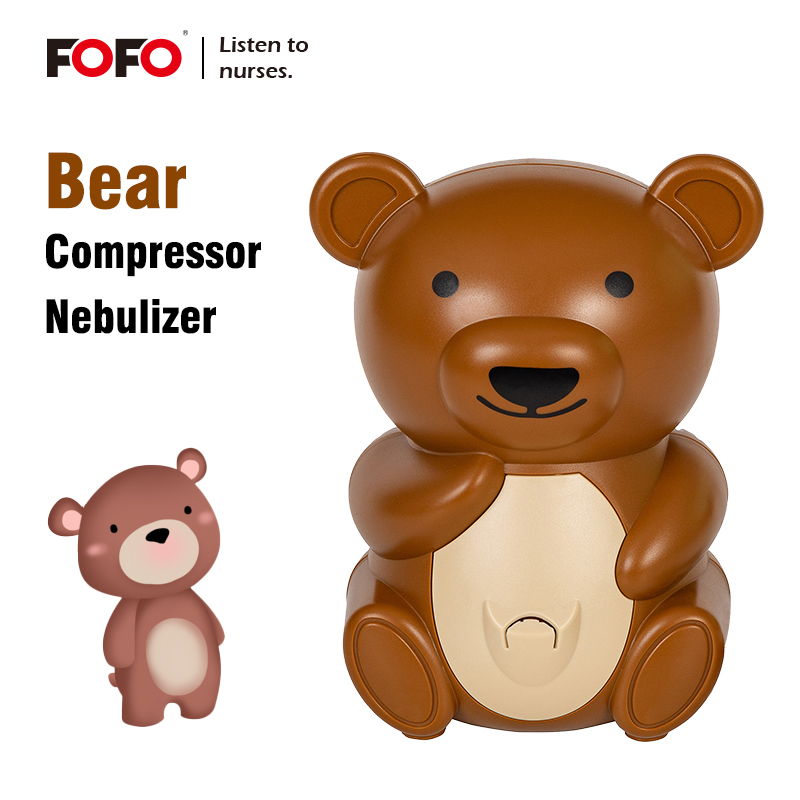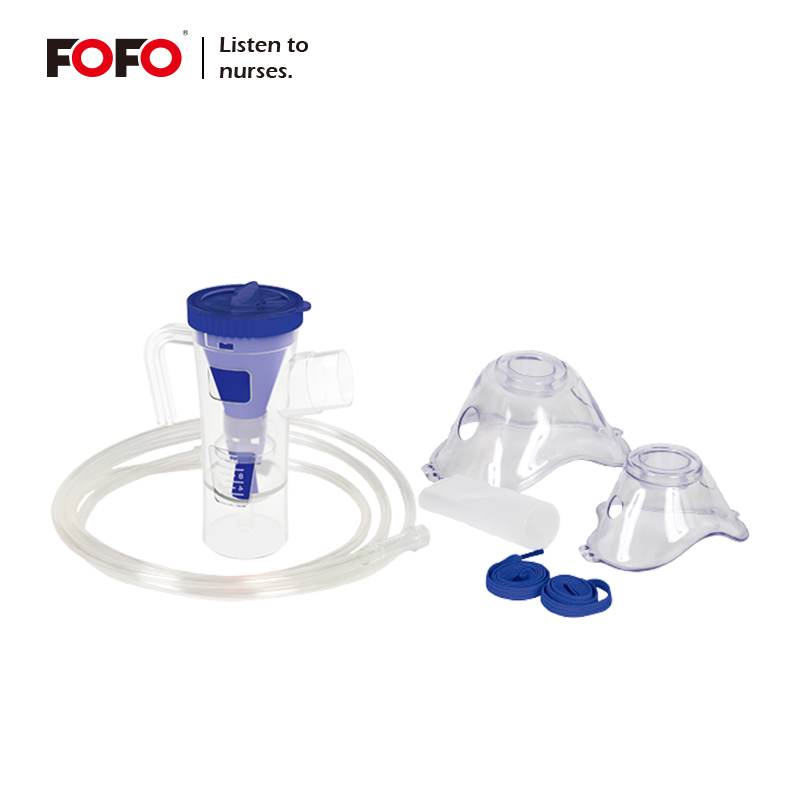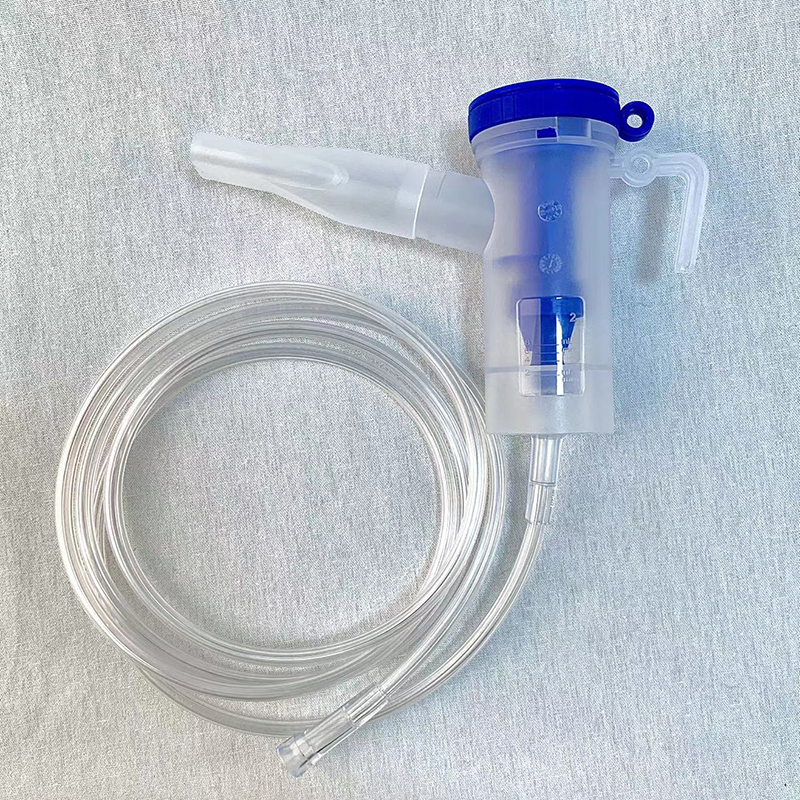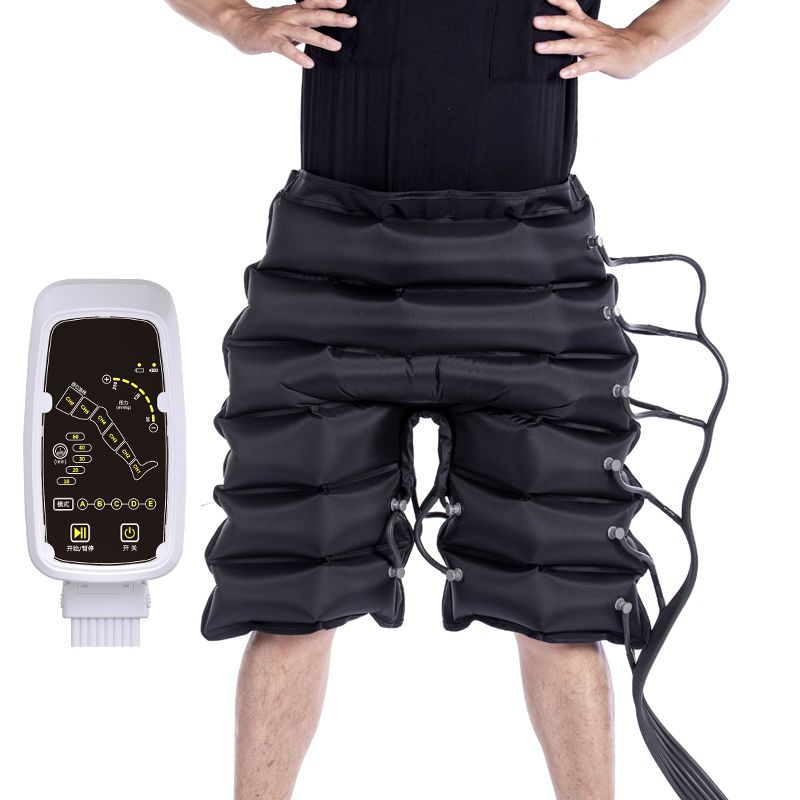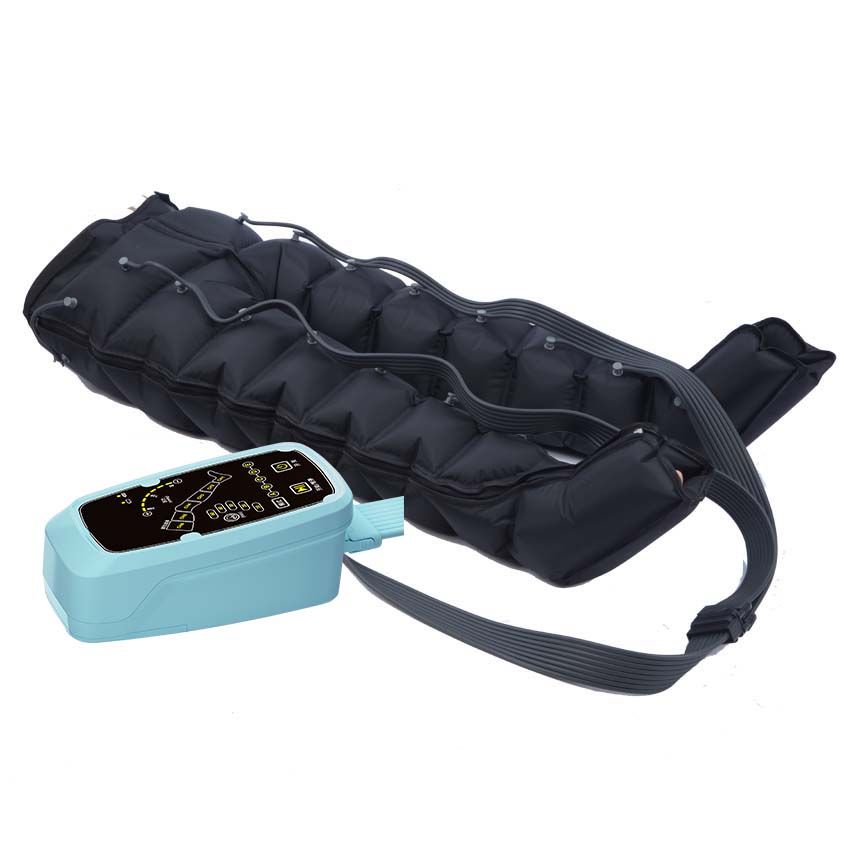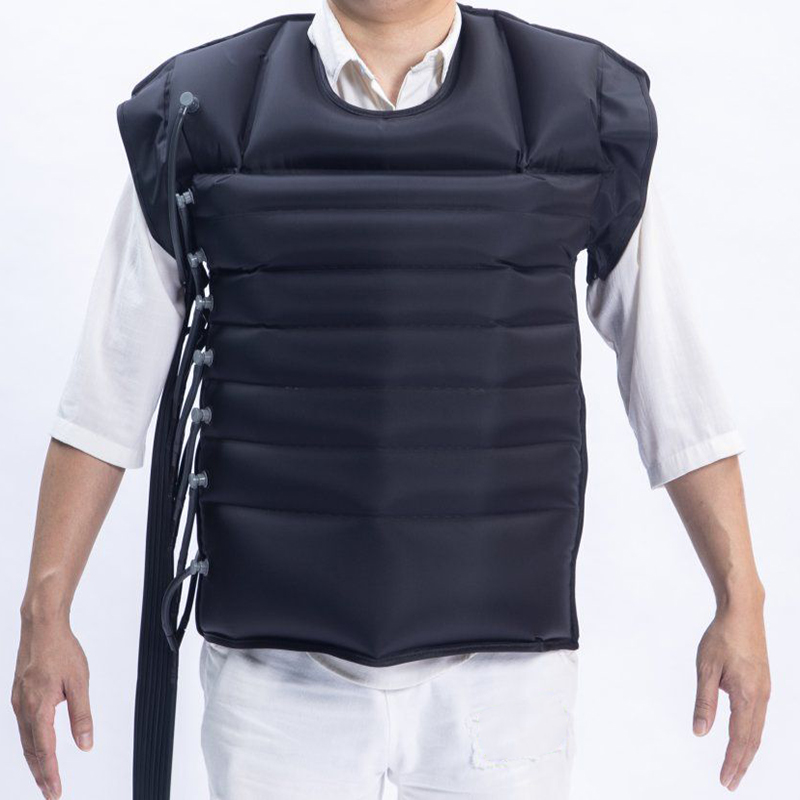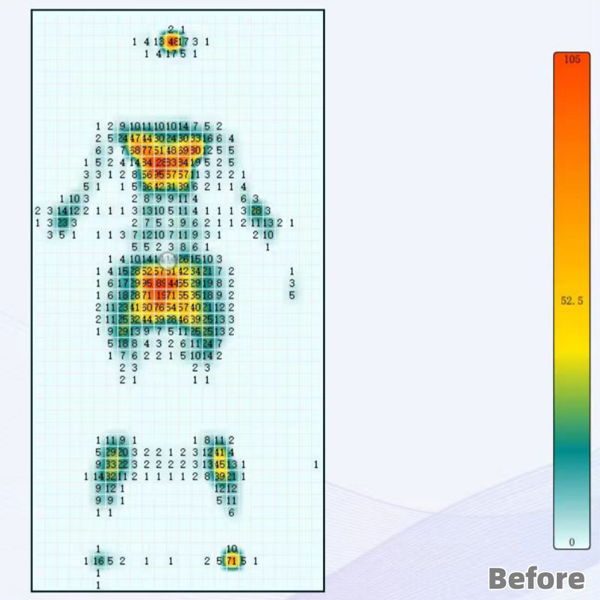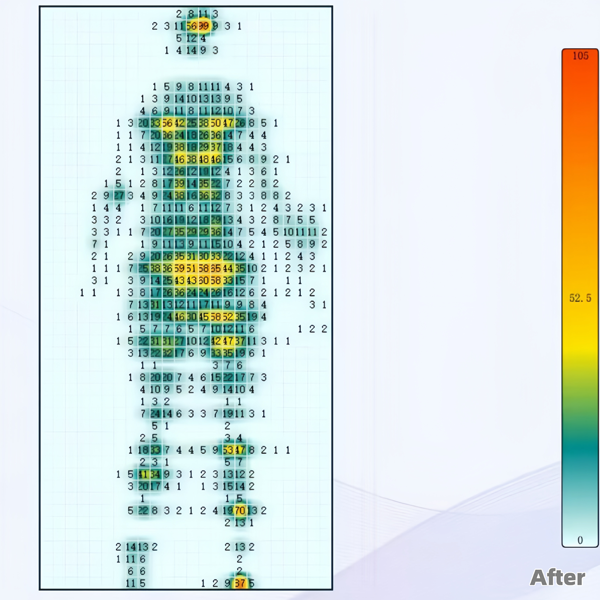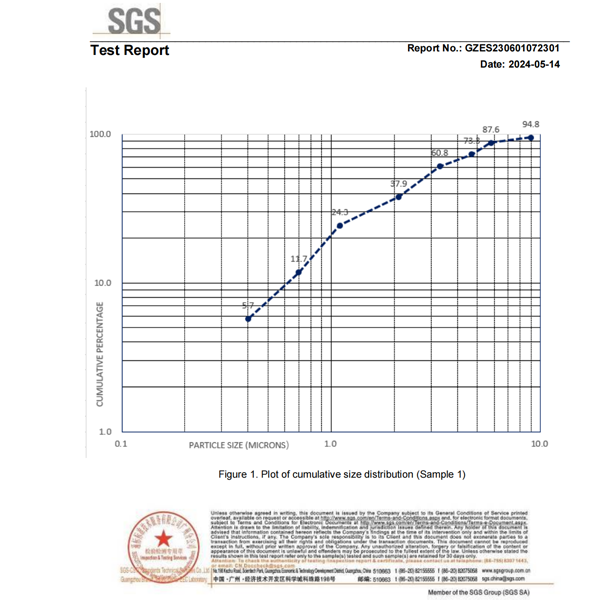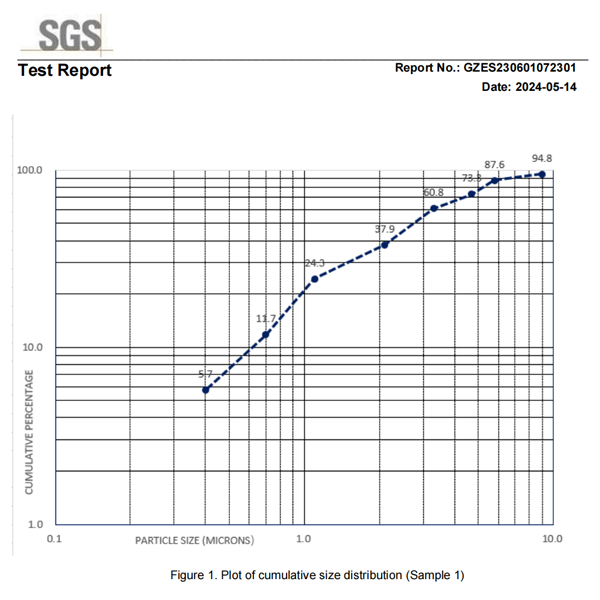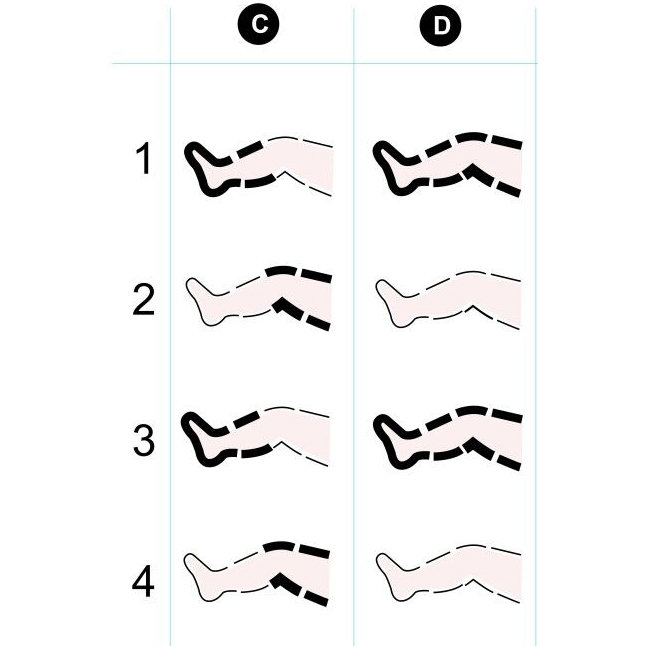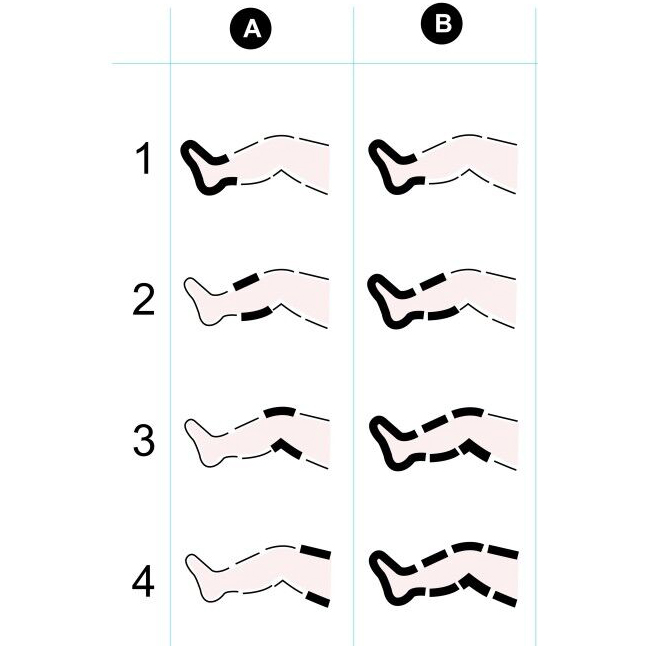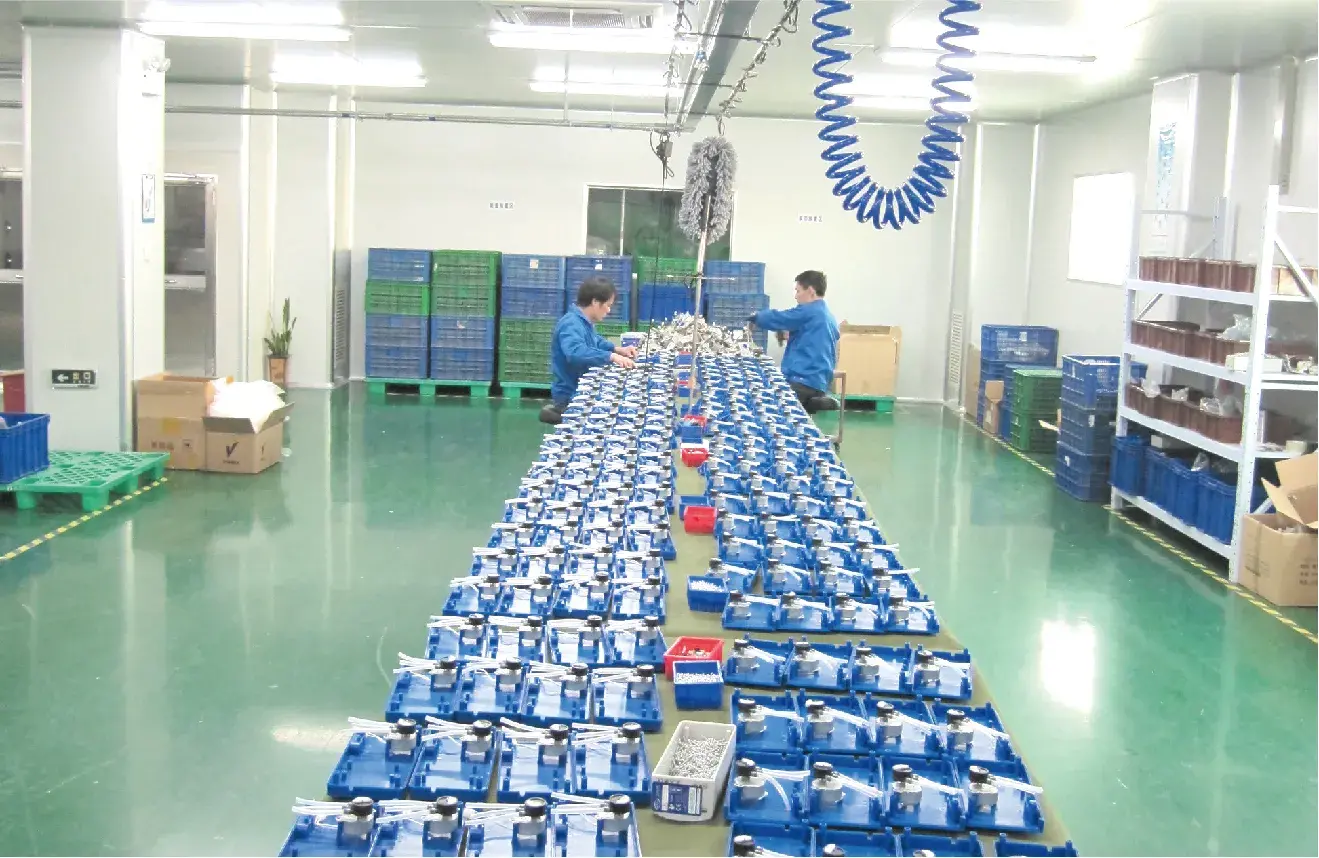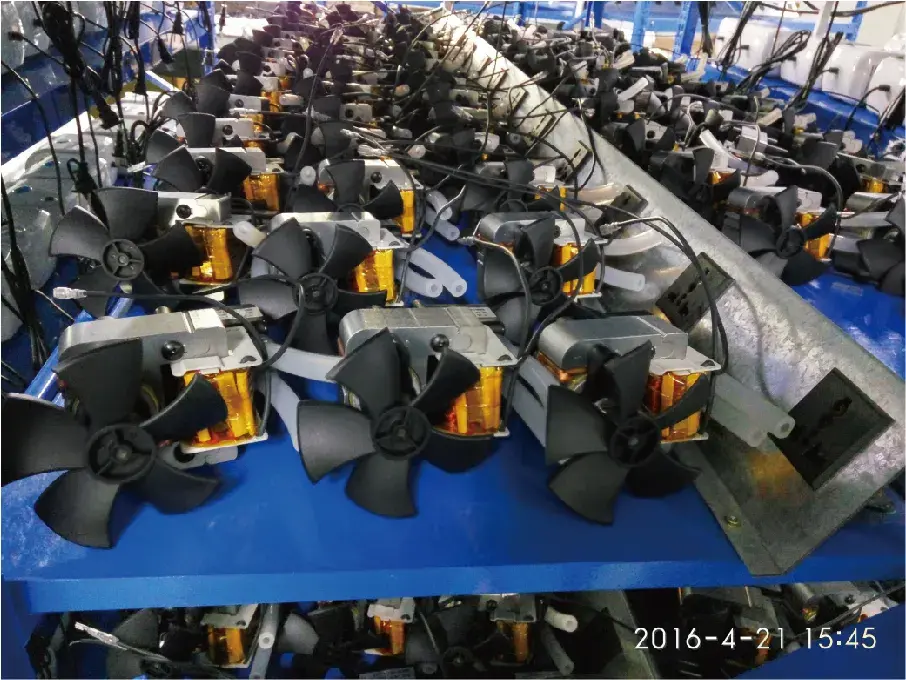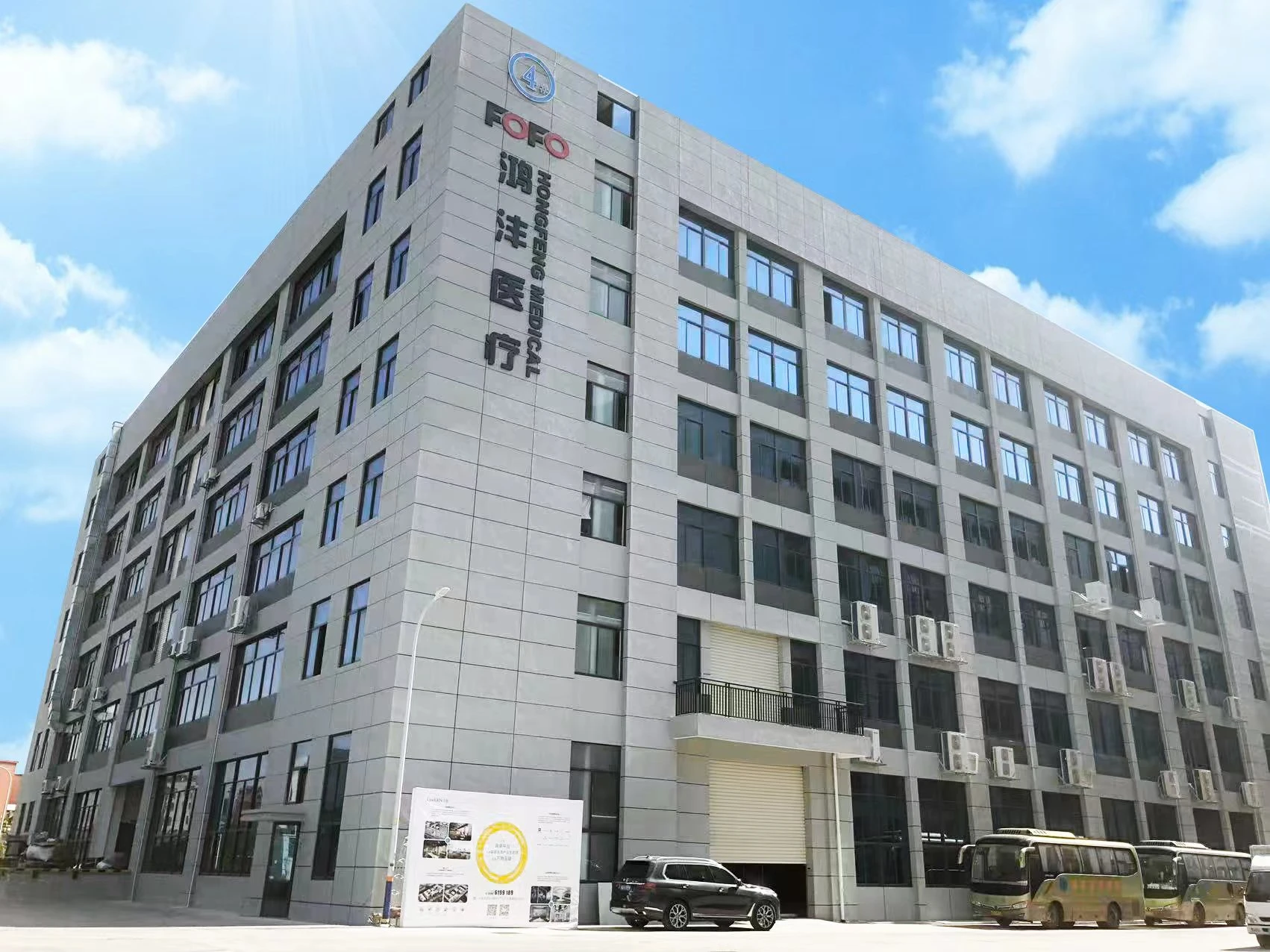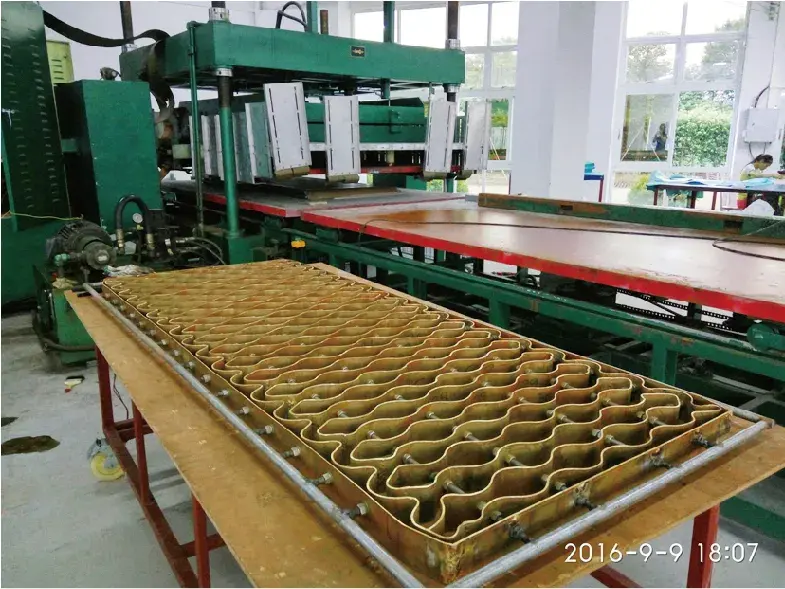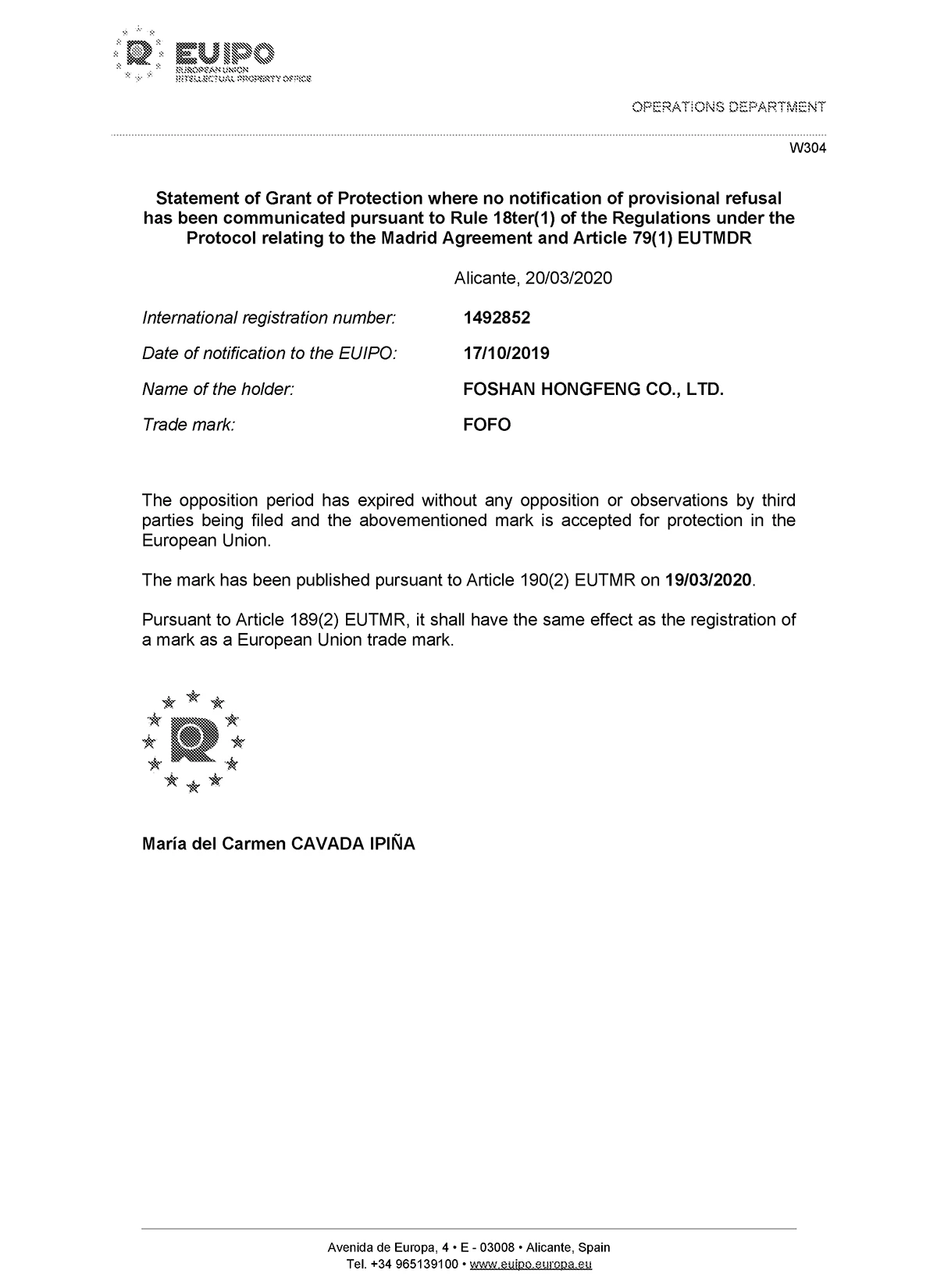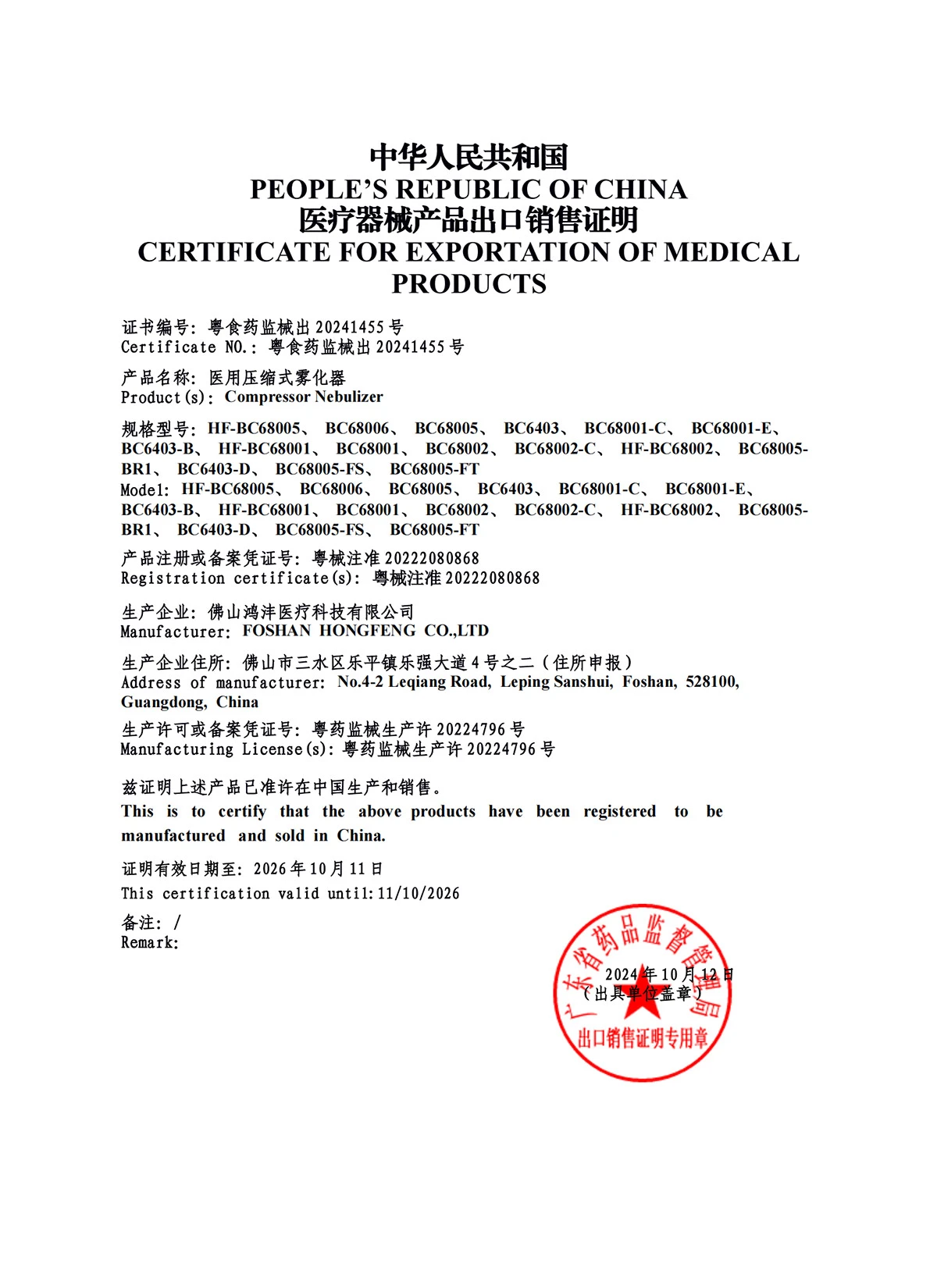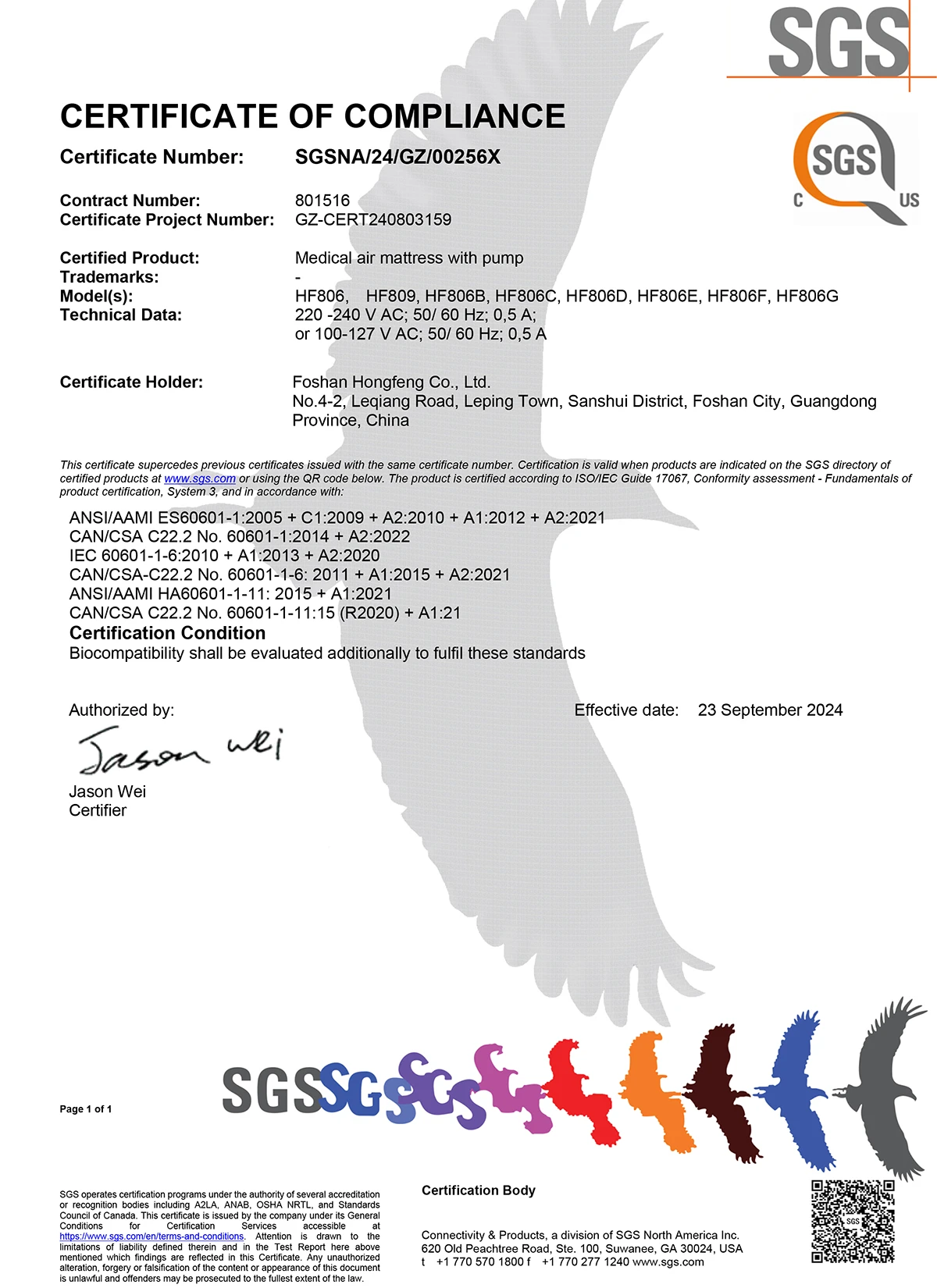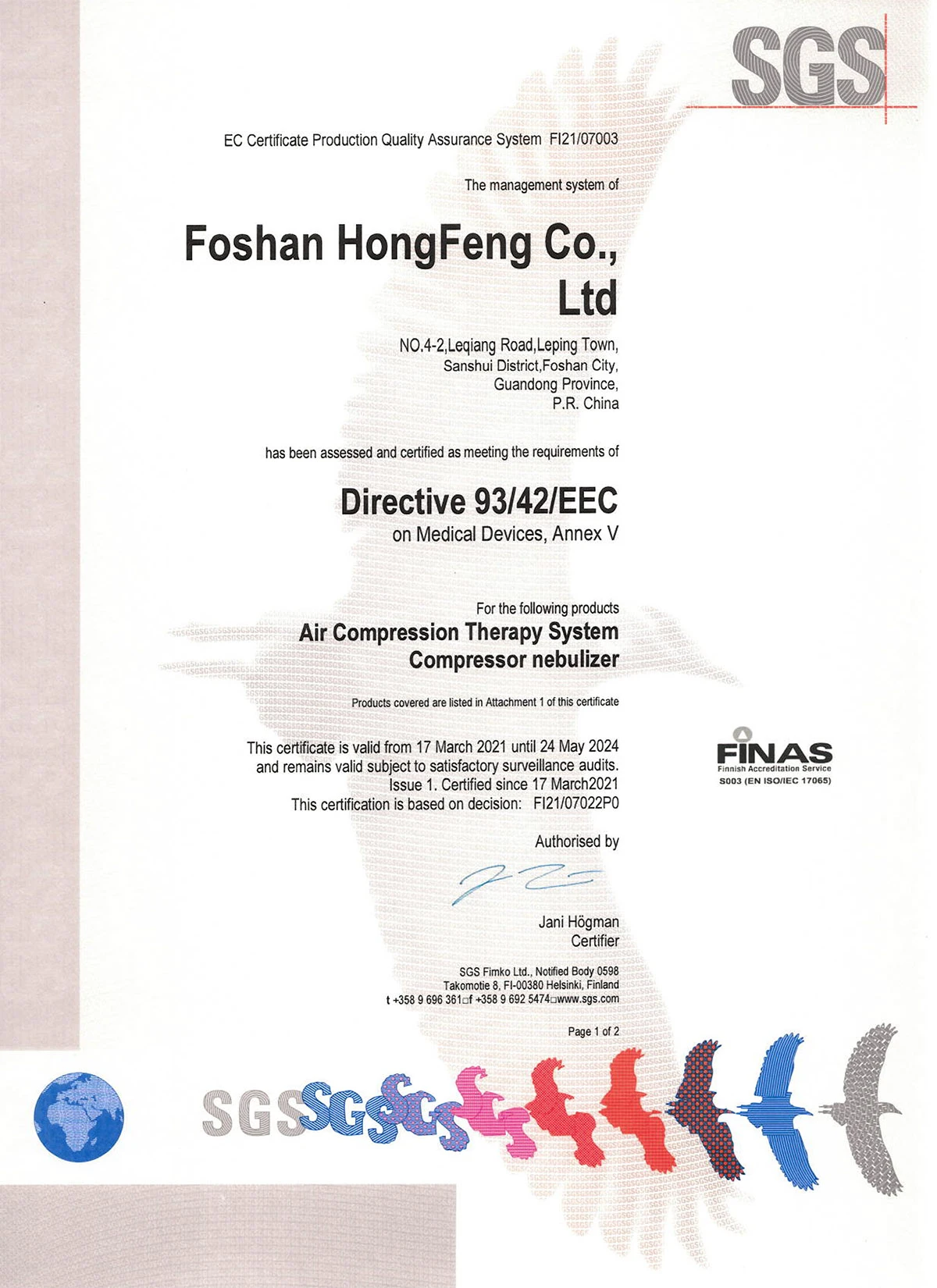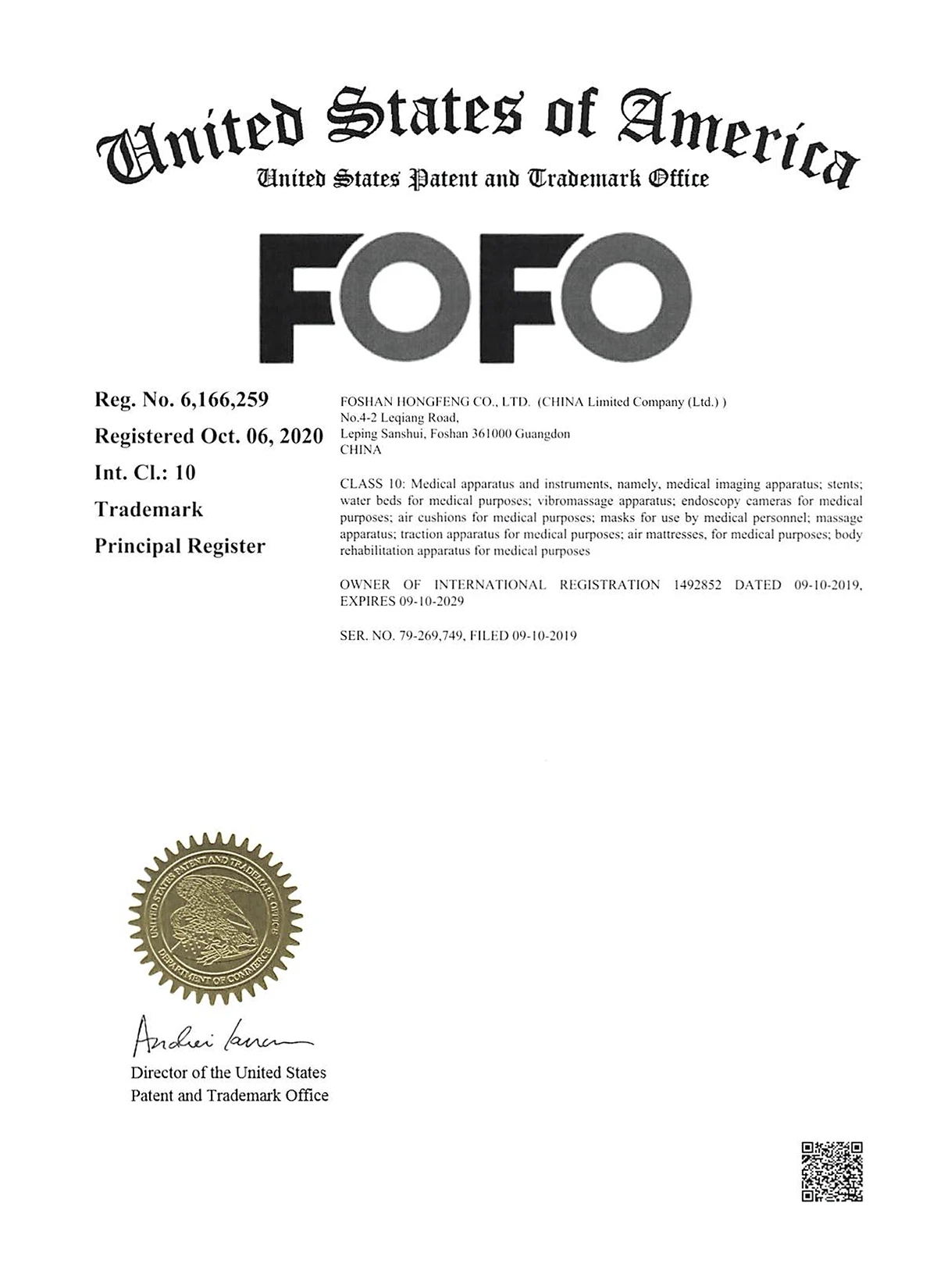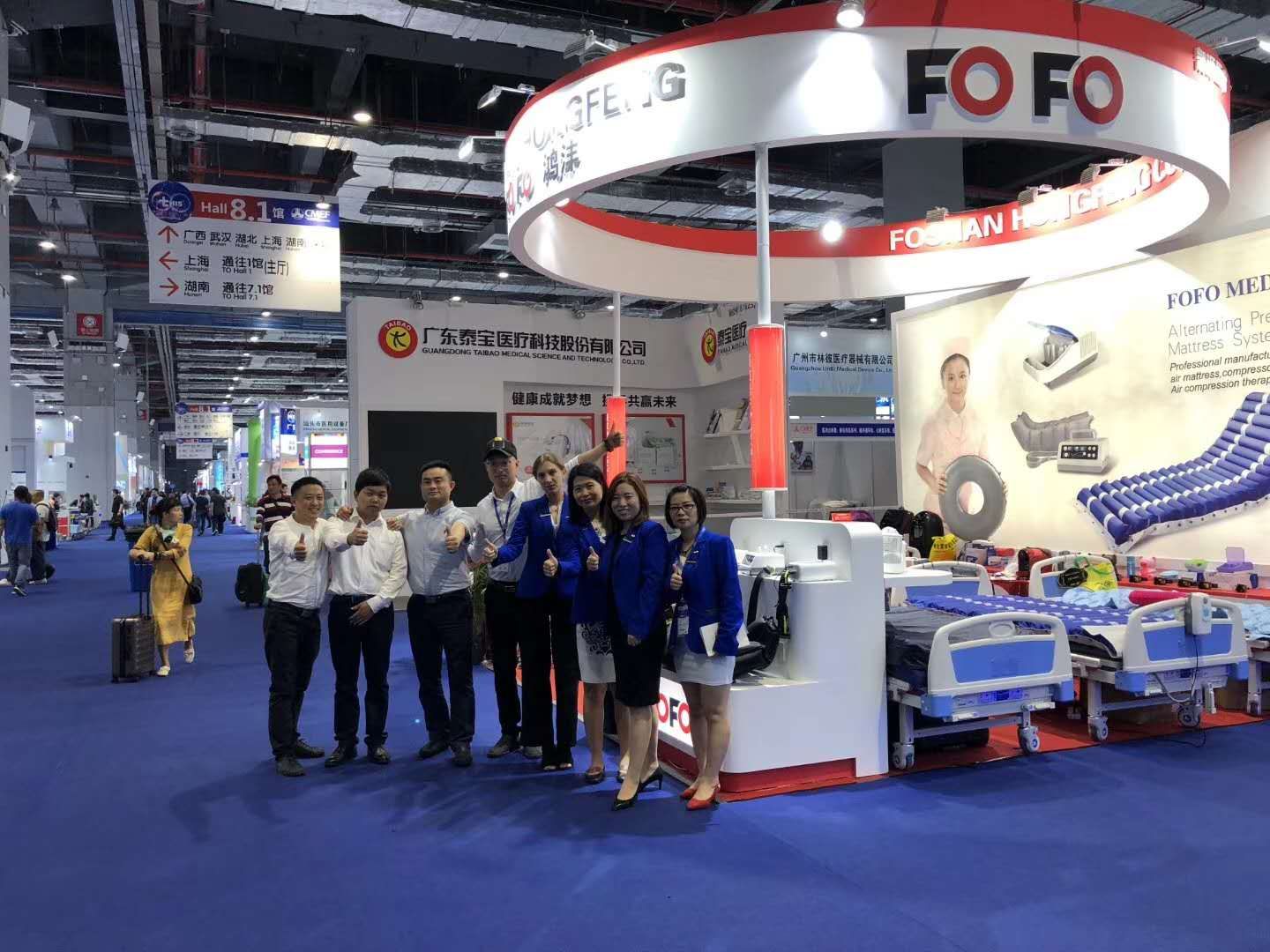A renowned manufacturer in the Rehabilitation Products with over 20 years
- English
- Françai
- Español
- Deutsch
- Română
- العربية
- 한국어
- 日本語
- Italiano
- Português
- Gaeilge
- Dansk
- Čeština
- Русский
- Afrikaans
- Euskara
- Català
- Esperanto
- हिन्दी
- Ελληνικά
- Bahasa Melayu
- Polski
- Српски
- Kiswahili
- ภาษาไทย
- Tiếng Việt
- Türkçe
- Svenska
- Cymraeg
- Slovenčina
- Latviešu
- Malti
- Magyar
- Galego
- ગુજરાતી
- Eesti Keel
- বাংলা
- Shqip
- беларуская мова
- Nederlands
- Tagalog
- ქართული
- Íslenska
- Kreyòl Ayisyen
- Lietuvių
- Norsk
- slovenščina
- தமிழ்
- Українська
- ײִדיש
- اردو
- తెలుగు
- فارسی
- македонски
- ಕನ್ನಡ
- Bahasa Indonesia
- עברית
- Suomi
- Hrvatski
- Български
- Azerbaijani
China Medical Rehabilitation Products Manufacturer

Anti-Decubitus Mattress and Air Cushion
Our medical anti-decubitus mattress made of taiwan materials, FOFO medical has a patented 225KW high-frequency machine developed independently. Through One-time moulding producing technology for bubble mattress, provide 1.5 million pieces mattress export a year. FOFO offer a variety of woundcare solutions for the treatment and healing of pressure ulcers.
 Class II-IIIHF6002- 3″、3.5″、4.5″、5”
Class II-IIIHF6002- 3″、3.5″、4.5″、5”16,17,18,22,24cells 3-4.5″ in PVC material top/ bottom cover , CPR , ventiltation
 Class IIIHF6005: zipper strech cover
Class IIIHF6005: zipper strech cover18 cells 4.5" in TPU coating ; zipper PU strength cover , CPR, pillow , vented
 Class IV/VHF6008 /HF6006 : 8” and 5+3”
Class IV/VHF6008 /HF6006 : 8” and 5+3”cell on cell in TPU ;zipper PU strenghth cover ; CPR; pillow , vented
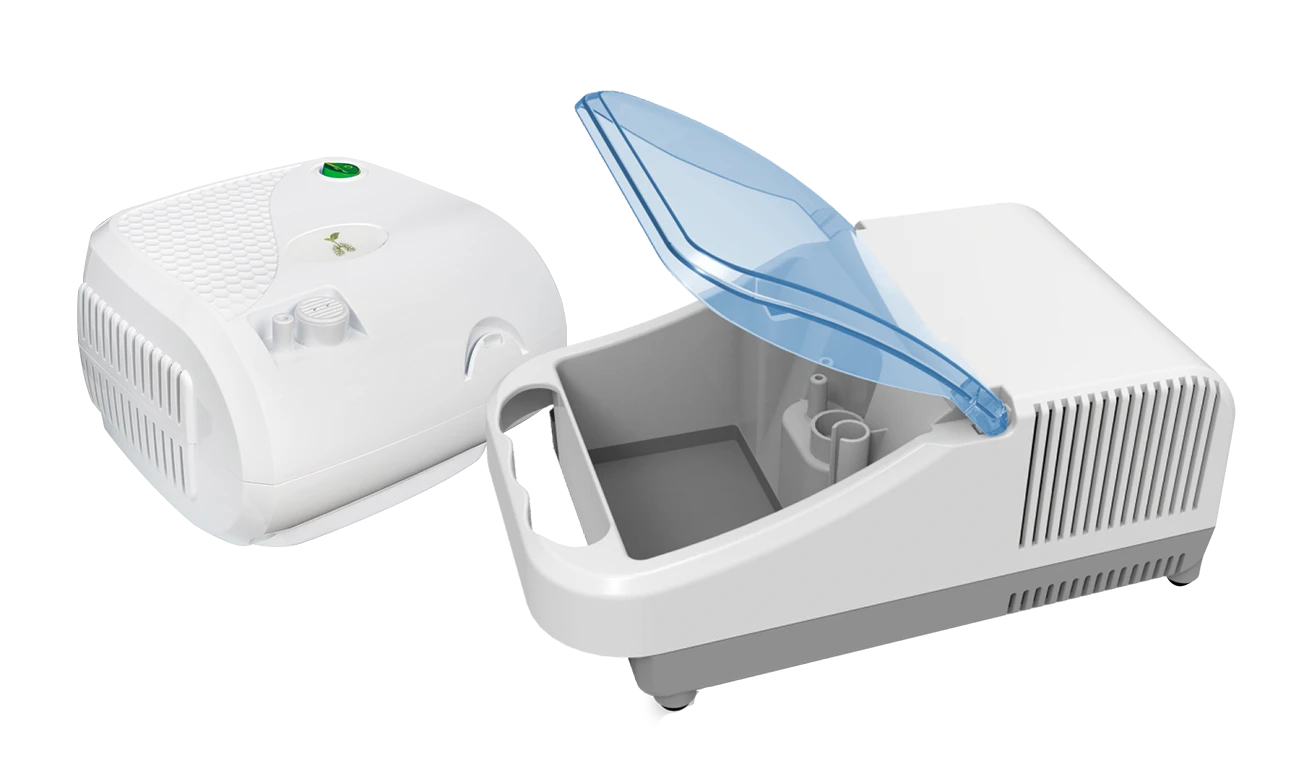
Respiratory Products
FOFO atomizer uses a self-developed and produced high-quality H-class compressor to ensure high-performance atomization and provide a warranty of up to 3 years. Portable and high quality nebulizer provides a high flow solution for nebulizing all commonly prescribed medications for chronic and acute chest conditions.

Nebulizers continuously and some is designed with storage compartments for medications, masks and accessories.

The diverse animal and children's designs are popular in the market, and the combination with different atomizer accessories including baby pacifiers and nose parts provides the market with more choices.

The patented design of the nebulizer machine with adjustable air flow leads the new technology trend.
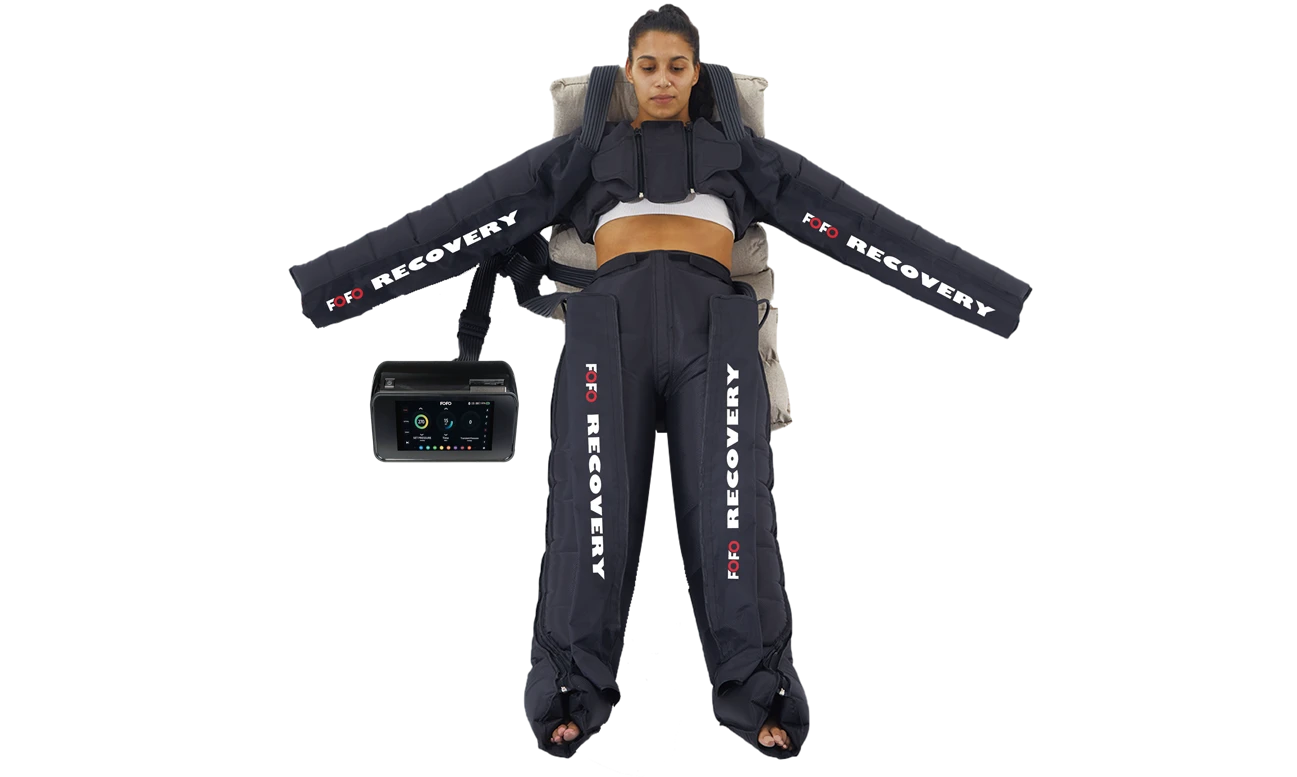
Air Compression Therapy System
FOFO Compression therapy System Recovery boots increases blood flow to specific parts of the body, accelerating its natural. Mechanisms for delivering oxygen, nutrients, and hormones throughout the body while simultaneously removing metabolic waste. When this process is optimized, the body can speed up muscle recovery, relieve pain and inflammation, and improve athletic performance.And effective in the treatment of lymphedema therapy. Sleeves of various designs and sizes including leg, arm, abdomen, trousers, shorts, vests, jackets, gloves. Sizes from M to 5XL are suitable for different users to achieve the best treatment effect.
Get in touchAdvantage
Exploration Zone
We follow scientific principles for medical device RD and manufacturing
Circulation Booster
The principle of the mattress is to continuously exchange different pressure zones AB or ABC at set times to achieve the effect of reducing pressure on the body surface and preventing bedsores.
Pain & Inflammation Relief
The pressure distribution before and after use of the pressure chart can clearly show the effect of the mattress on reducing pressure.
Performance Enhancer
In clinical trials, there are cases where bedsores the size of an egg can be cured after using a mattress for one month.
Efficient Drug Delivery
Optimizes particle size for deep lung penetration and maximum therapeutic effect.
Consistent Particle Sizing
Ensures reliable and consistent aerosol particle distribution for every treatment.
Versatile Nebulizer Options
Offers a range of nebulizers to suit various patient needs and breathing patterns.
Sequential Compression
4-6-8-chamber Phlebo Press DVT system ensures deep vein reperfusion .
Pressure Regulation
Adjustable pressure range of up to 250mmHg for precise therapy and comfort .
Size Options & Alarms
Various sizes from M to 5XL, with visual and audible alarms for safety .
Growing together for better global health.
Welcome to FOFO
FOFO medical is an renowned manufacturer specializing in the medical field with over 20 years . It has 3 self-owned factories and more than 420 employees, including more than 50 in the R&D and quality departments . The production workshop area reaches 30,000 square meters, and the production links include injection molding, stamping, cutting, high frequency, sewing, assembly, and packaging. It is a one-stop fully independent production. We are professional in making medical rehabilitate products, specializes in the design and manufacture of medical air mattress, air compressor therapy DVT, nebulizer, suction machine, air cushion, water mattress and other rehabilitate products.
Get in touch
Certification You Need To Check
FOFO has got all necessories certifications include ISO13485, CE MDR, FDA 510K, FSC,IEC60601 for your to register MEDICAL device easily in your Country. You can ask us sent you documents as assistant.
- CE/CB: FOFO has update all major products reqistered under MDR Regulation (EU) 2017/745 through it’s EC Representative MedNet EC-REP GmbH. A CE Mark ceritificate is needed in order to market medical device in theEuropean.
- FDA: FOFO air compression therapy system and nebulizers have got FDA 510K since 2019. The Mattress and cushions, massager ect also been registered at FDA since 2016. Be free to selling in USA market.
- CFDA: CFDA is abbreviation of The China Food and Drug Administration. FOFO medical air mattress and nebulziers under class II regulation, Supervision and management and annual review by the Food and Drug Administration.
- IS0 13485: 2016 This registration is subject to the company maintaining a quality management system for medical device
- FSC: The Certificate of Free Sale issued by the Food and Drug Administration in China. Certificate for exportation of medical device , certify the products have been registered to be manufactured and sold in China, The exportation of the products are not restricted.
- NRTL: SGS issued NRTL certificates for USA and Canada market equal to UL for enter into hospital and products by insurance covered easily
- MHRA:FOFO medical air mattress and Air compression therapy system has got MHRA UK under Medicines & Healthcare products Regulatory in UK
- ANVISA:FOFO has got ready for products testing reports and factory audit by SGS. Can provide assistant for Brazil customer doing register and got Anvisa within 3-6months.
- MDMA: FOFO medical has got SFDA registered for medical air mattress , nebulizer and Air compression therapy sytem. Sell free to Saudi Arabic.
- Testing reports:FOFO medical has got IEC60601, EMC, LVD, Reach, RoHs, WEEE, POP, PRO65, ISO10993 ,FCC, ect. for help customer register in their countries .









Expo
Medical Expo Shows

Main Markets
Foshan HongFeng Co, Ltd
We have exported to the USA, Europe, Asia, the middle east and many other countries in the world. We are also proud of our sales support team and the QC department, they help us achieved a great reputation in our industry amongst our customer and peers.
TOP
Air Compression Therapy
Systems Manufacturer
100 +
Customers In
100+ Countries Worldwide
23 Years
High-quality
Production Experience
Patented
Automatic Turning Mattress &
Cold Compression Therapy
Systems
30,000
Square Meters Of
Production Area
1,500,000
Exporting 1.5 Milion Piece Of Air
Mattresses In 2024
Latest News
A small river named Duden flows by their place and supplies it with the necessary regelialia. It is a paradise
A comprehensive guide to Suction mach...
In the realm of modern healthcare and emergency response, suction machines play a pivotal role in maintaining patient safety and comfort. These essential medical devic...
learn more >>A Simple Tilt Accelerates Recovery—Re...
Rehab Specialists Recommend Turning Mattress When it comes to post‑surgical care, long‑term immob...
learn more >>FOFO Medical Cordially Invites You to...
Dear Valued Partners and Clients, Warm greetings from FOFO Medical! We are delighted to invite you to join us at the 137th China Import and Export Fair (Canto...
learn more >>
